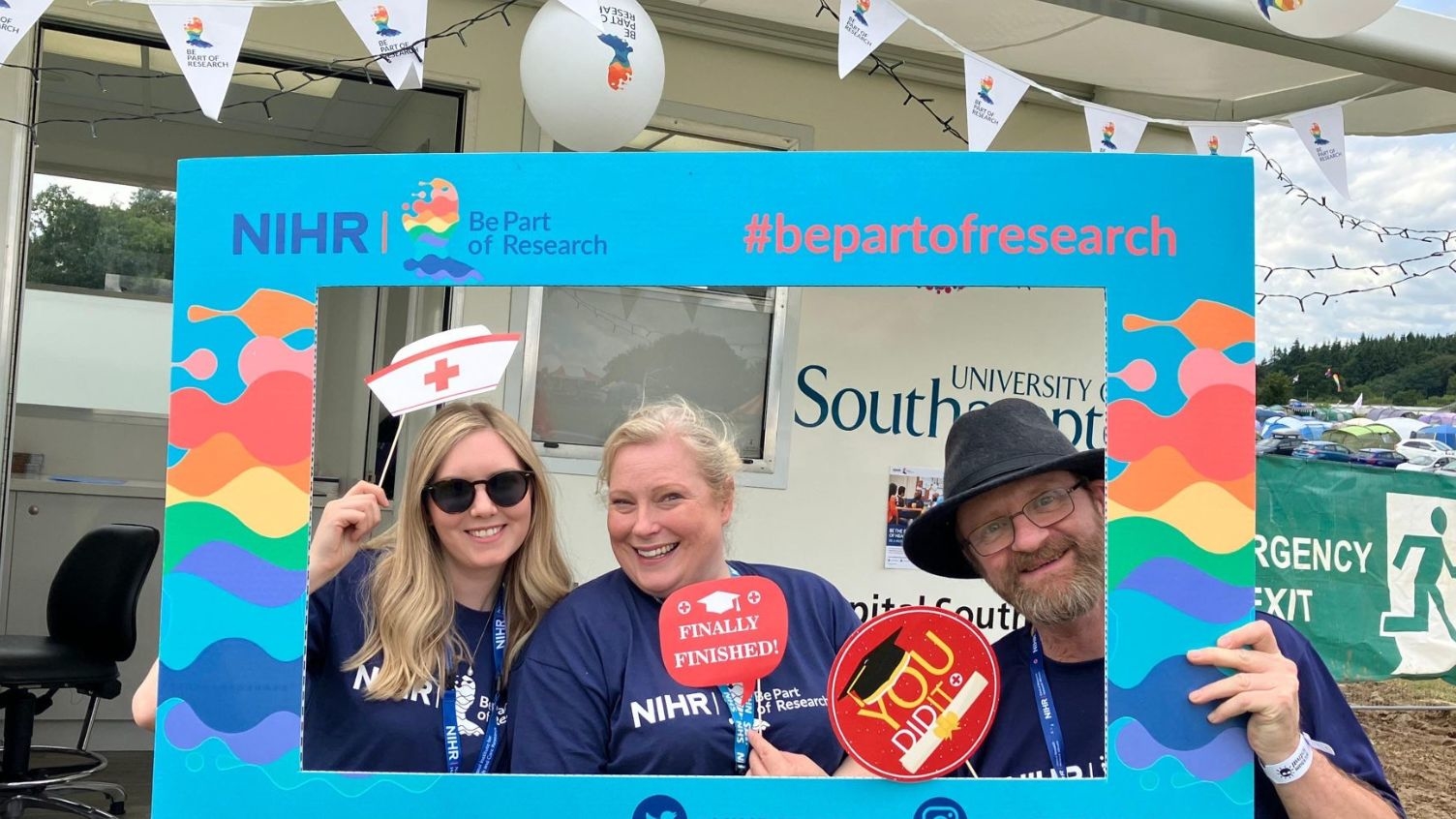Jack living life to the full after Haemophilia A 'cure' following study
- 31 January 2020
- 2 min read
Jack Grehan is living life to the full after a study based at Barts Health effectively 'cured' him of Haemophilia A.
Living life to the full after Haemophilia
For Jack Grehan, having haemophilia A was no barrier to living his life.
A keen sportsman, his condition didn't stop him playing rugby and football, or in his childhood, as he puts it, "bumping into walls and falling over."
Despite the determination to live life on his own terms, Jack was, and still is, all too familiar with the realities of life as a haemophiliac.
Haemophilia A, which accounts for around 80 per cent of all Haemophilia cases, means the blood is unable to clot and patients are at risk of excessive bleeding from even the slightest injury - as well as potentially life-threatening spontaneous internal bleeding. Patients undergo three or more intravenous injections each week to control and prevent bleeding. About 6,000 people have haemophilia A and B in the UK.
For Jack, the bleeding centred around his ankles and would mean two or three days of rest, treatment and recuperation after a bleed before being able to resume normal life again. His health was particularly worrisome for his family and girlfriend, and the repeated ankle bleeds mean that he is already being treated for arthritis.
It was during an appointment to get his arthritis treated that he was told about a haemophilia study taking place at Royal London Hospital, part of Barts Health NHS Trust.
During the trial, Jack received a single infusion of a missing gene. It was hoped that this infusion would help people living with haemophilia to maintain normal or near-normal levels of factor VIII, the blood-clotting protein which haemophiliacs usually lack.
He went into the 2017 study with an open mind, as he explained: "The infusion took about 40 minutes and after it, I stayed overnight and went home the next morning. I felt great straight after the infusion, even though the doctor said it would take two weeks to work!
"It was my first experience of a clinical trial and I didn't really know what to expect. I thought, if it doesn't work, it doesn't work, but at least I'd be helping others in the future. But I'm still seeing great results three years on."
Professor John Pasi, from Barts Health NHS Trust and Queen Mary University of London, first announced in 2017 that 85 per cent of men treated with a single infusion of a missing gene were showing normal or near-normal levels of the blood-clotting protein, factor VIII, one year on.
Earlier this year, Professor Pasi's team announced that the patients enrolled in 2017 were still seeing significant falls in the number of bleeding episodes. Jack has not needed any factor VIII for spontaneous bleeding at all.
Jack said: "It's been great. I don't think too much about myself, but the study has given my family, friends and girlfriend the freedom not to worry. It's a massive change for them because they know I'm protected now.
"I'm 26 now and many years ago, when I was a child, my doctor said to me: 'They'll find a cure for haemophilia in 20 years.' It looks like he might have been right!"


